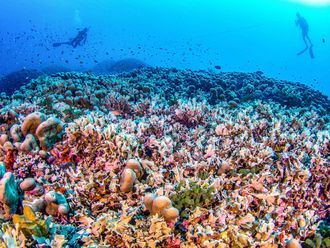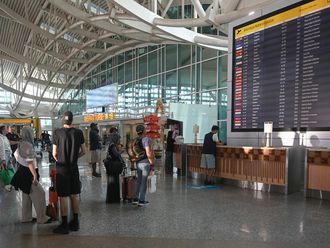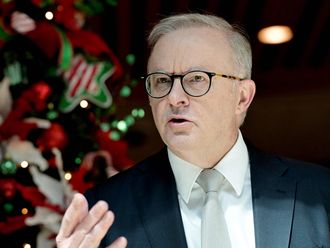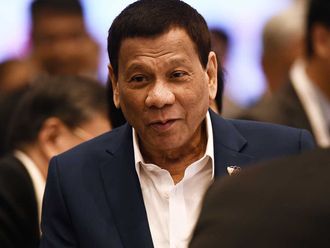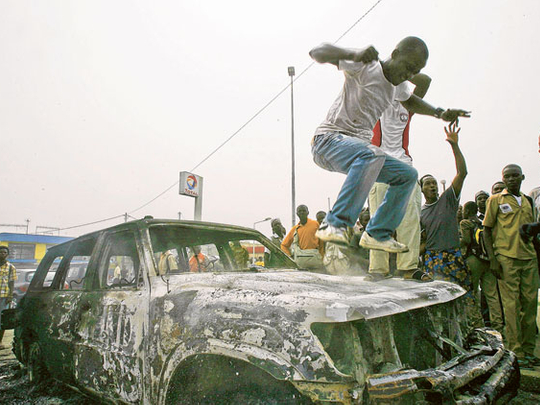
Abidjan (AP) Mobs and security forces allied to Ivory Coast leader Laurent Gbagbo attacked at least six UN vehicles, setting some ablaze and injuring two people in the latest round of violence sparked by this West African nation's disputed election.
UN Secretary-General Ban Ki-moon strongly condemned Thursday's attacks by loyalists of Gbagbo, who the UN said lost the November 28 poll to longtime opposition leader Alassane Ouattara.
Ban said the attacks by "regular and irregular forces" constituted crimes under international law, and warned that those responsible would be held accountable. Other officials with the global body sounded an alarm, warning they were being prevented from protecting civilians.
Gbagbo has refused to accept the outcome of the November poll and has ordered the UN's 9,000-strong peacekeeping mission to leave.
The UN has refused, and its troops have come under attack, including earlier this week when gunmen wounded three peacekeepers after their car crashed, said spokesman Kenneth Blackman.
In the violence Thursday, Ban said one military vehicle belonging to the UN peacekeeping mission was burned, and a doctor and driver of an ambulance were injured.
An Associated Press reporter saw a UN vehicle smouldering, as a crowd of men gathered around.
Witnesses said the vehicle had been stopped by young men in the Riviera II neighbourhood, near a university campus packed with Gbagbo supporters.
Two journalists that attempted to photograph the car when it was still in flames had their cameras confiscated by security forces.
UN human rights office in Geneva spokesman Rupert Colville said the UN had been trying to investigate an alleged third mass grave in Issia in central Ivory Coast, but hadn't been able to confirm it. The UN has been blocked from the site of two other alleged mass graves.
"Our approach has been to not be alarmist, or sensationalist ... and we cannot say that Ivory Coast is on the verge of a genocide," said Simon Munzu, the human rights chief of the UN mission in Ivory Coast. "But we need to be vigilant, because we are seeing the same phenomena that elsewhere resulted in a genocide."


